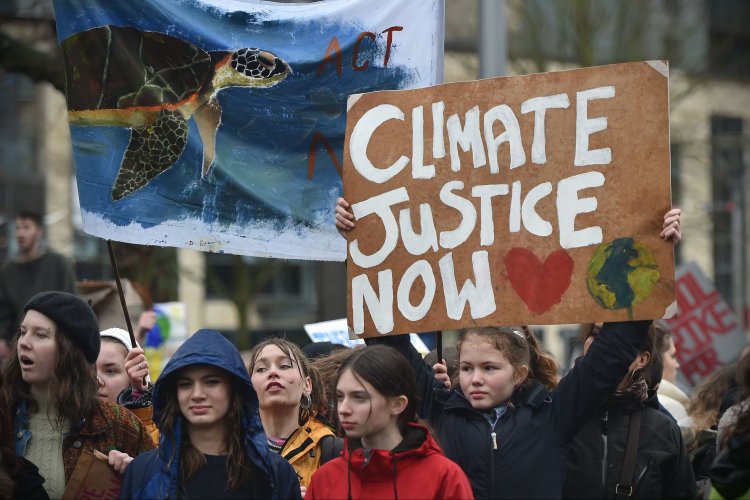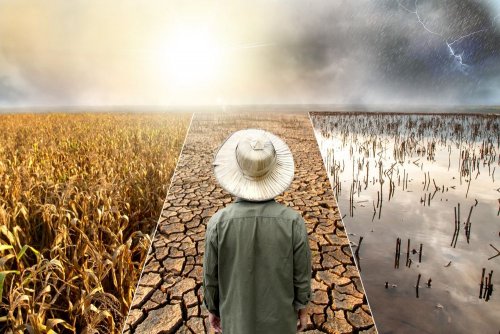Some of the biggest climate change cases in history will be heard in 2024 and 2025. They can set a precedent in global legal practice that will become the basis for further litigation against the largest polluting countries.
Reuters has published the top 3 key cases worth paying attention to:
1. International Court of Justice.
In 2025, the world's highest judicial body is expected to issue a ruling that will define the responsibilities of UN member states in the fight against climate change. In 2023, the UN General Assembly requested an advisory opinion from the court after a four-year campaign initiated by Vanuatu, a small Pacific island nation where a group of law students drafted a petition to the ICJ.
As the number of precedents on climate change in international law is currently scarce, the ICJ's opinion may rely on arguments from previous decisions of regional and national courts. Even a relatively conservative ruling that one country's emissions can harm another country could be a big win for poor countries that demand that rich countries pay more for the climate consequences of their actions.
2. Inter-American Court of Human Rights (IACHR)
The biggest climate case to date is the climate case under consideration by the ICRC. It draws on 262 legal briefs filed, has more than 600 participants and hearings in both Barbados and Brazil.
The ECtHR is considered one of the most progressive courts in the world. He can go further than his colleagues and establish new legal norms and standards regarding national obligations in the field of climate change. For example, the advisory opinion of the judges may refer to special protections for environmental defenders who face violence, call fossil fuels the main culprit of climate change, or require states to regulate the activities of companies that pollute the environment.
The court is expected to rule by the end of this year, and it will take effect immediately in 20 member countries in Latin America and the Caribbean.
3. International Tribunal for the Law of the Sea (ITLM)
As EcoPolitic already reported, on May 21 ITLM decided that emissions of greenhouse gases, which are absorbed by the ocean, are a form of pollution of the marine environment. It committed the nations of the world to control and reduce emissions that contribute to climate change and set specific requirements for their environmental impact assessment.
Representatives of the small island states that filed the lawsuit called it a victory. They believe that this court decision significantly strengthened global legislation in the field of climate change.
Earlier EcoPolitic reported that our state is finalizing a number of important documents in the field of climate policy. We also talked about 4 key conditions of effective climate policy in Ukraine according to EBA experts.
EcoPolitic also talked about sputnik EarthCARE, which was launched into space to study the impact of clouds on the climate.





